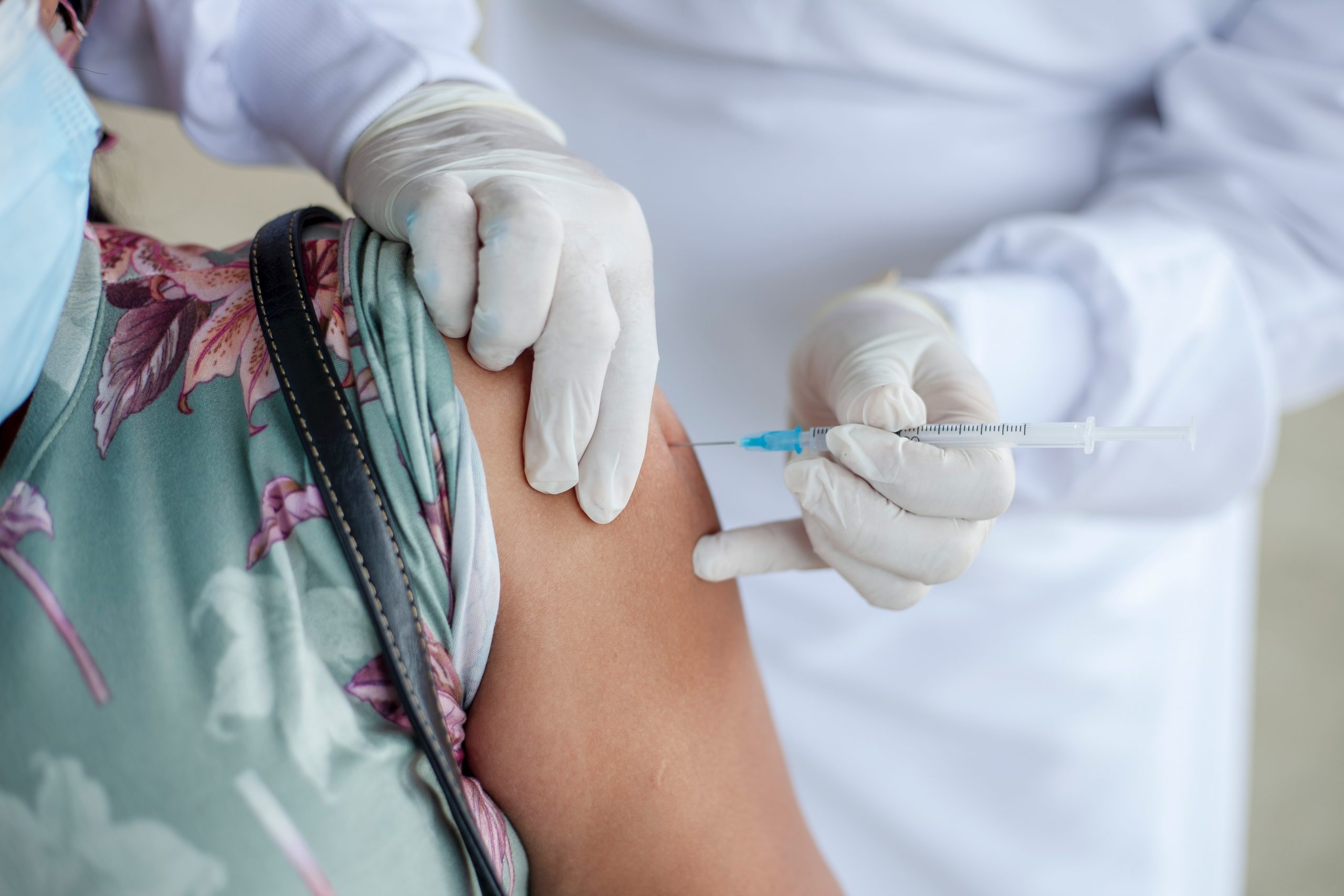Having been more than a year since COVID-19 was declared a world pandemic, efforts have been put to develop a vaccine necessary for its prevention. So, the vaccine is finally here. What next? Vaccines are the best, if not only solution, to put an end to the current pandemic. With vaccines comes hope, and even though we won’t recover the lives we’ve lost to this enemy, we can at least appreciate that things might return to the way they used to be.
Since the global vaccine race began, vaccination has proven to be effective, as programs of the same have been deployed to ensure everyone gets an opportunity. However, there are several barriers hindering its global uptake, which has been low. These barriers are mostly determined by how people and communities perceive the vaccine and the disease as well. Social stigma and lack of accurate information are the major reasons why vaccine uptake has been low. Let’s focus on the how.
According to behavioral science, even if people strongly intend to do something, they oftentimes do not enact their preferences. In the case of vaccines, individuals haven’t really given them much priority, as they choose to focus on the concerns around being vaccinated, hence failing to see the long-term benefits. From historical vaccination efforts, here are the behavioral barriers to the vaccine uptake, in a nutshell;
1. Lack of Determination
It’s easier to not do anything, rather than adhere to or be committed to a specific course of action. But that’s just individuals’ way of underestimating their ability to commit and instead, opting for the easier way out, which is not getting vaccinated.
2. Misperception
Misinformation leads to misperception, which in turn creates in individuals inaccurate opinions and beliefs. This builds a lack of trust, fear, and resistance. Community practices and certain cultural beliefs are also root causes of misperception.
3. Social Norms
Communities usually hold a strong influence on individuals, as they guide and direct what people are doing. Certain communities may feel like the vaccine just isn’t something they need. When there is a stigma against certain medications and especially vaccines, this poses challenges to the uptake of those vaccines.
4. Procrastination
Oftentimes, people are so accustomed to the current state of things or the status quo, such that it’s easier for them to keep postponing things, rather than put in effort for change or make certain decisions. Procrastination often stems from such a mindset.
5. Distrust in the vaccine
The emergence of reservations regarding the vaccine stems from a number of reasons. Some people are concerned about the speed with which the vaccines were developed, their effectiveness, side effects, or safety. Some individuals believe that the vaccine has some adverse side effects that would even result in infidelity, while other fears result from certain vaccines causing blood clots that may result in death. Such fears cause distrust towards the vaccine.
6. Forgetfulness
This natural behavioral barrier could emerge during many stages of the vaccination process, from booking the appointment to attending the first appointment to attending the second dose appointment or follow-up.
7. Complex Processes
Individuals prefer easy-to-handle situations and processes, especially when it comes to their health. If the process of registering for a vaccine, booking an appointment, or attending the said appointment is too complicated, people usually get easily discouraged and hence refrain from following through with such complex situations.
8. Bias
People normally prefer immediate gains or costs and find it quite a challenge to recognize and justify long-term results, even if the positives weigh more than the short-term costs.
9. Motives
Social meaning, which entails one’s status within their community or how they are perceived, plays a major role in making choices. A compelling motive is needed for people to do something, be it protecting other family members or returning to work.
The above barriers can easily be overcome by dealing with each on an individual level and the most effective way to do this is by offering effective communication to the public, regarding COVID-19 and the vaccination programs and effectiveness of the same. For more information regarding this and other topics, stay tuned by subscribing to our newsletter.







